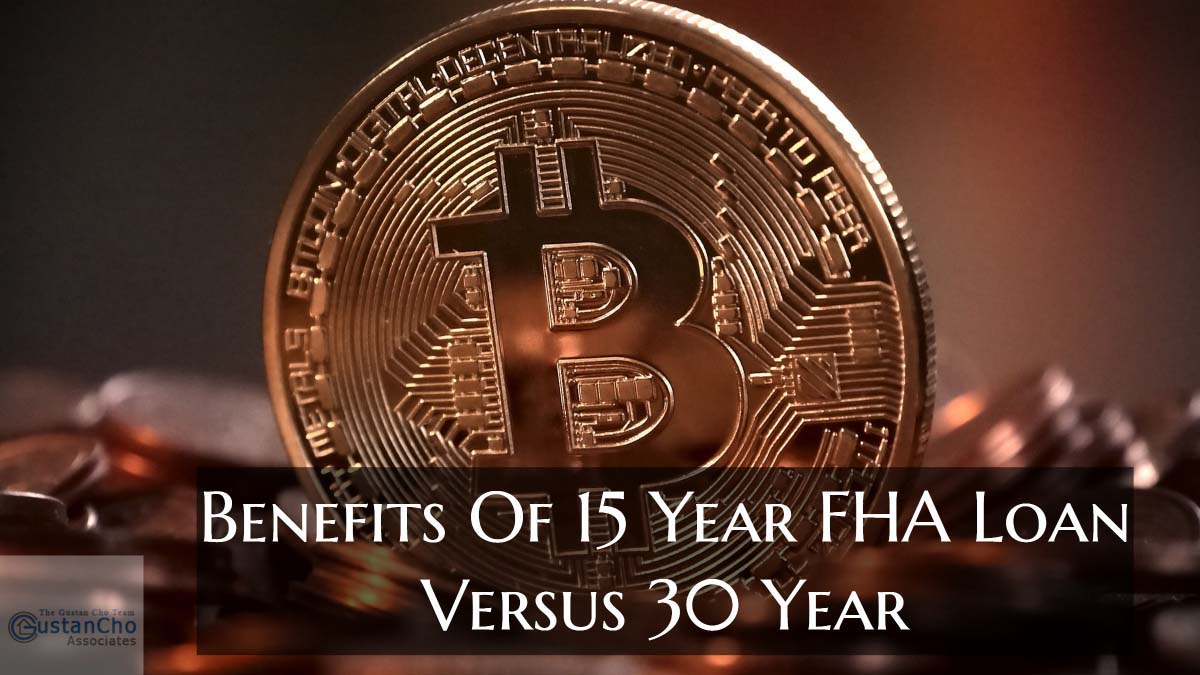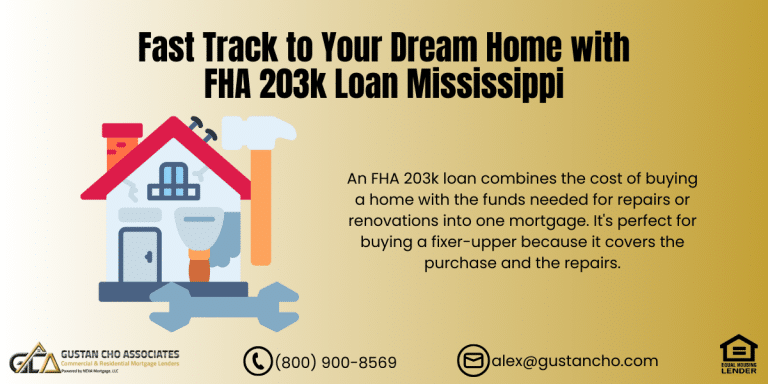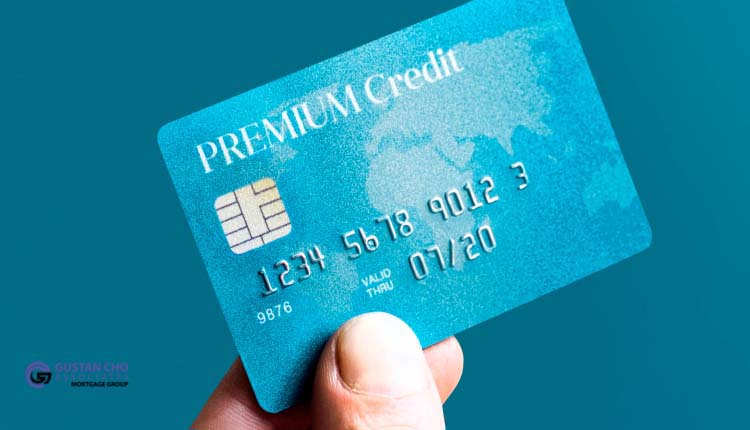In this guide, we will cover getting 15-year vs 30-year FHA loans. We will compare and contrast 15-year vs 30-year FHA loans. We will compare and contrast between the two FHA loan programs. We will cover the pros and cons on 15-year vs 30-year FHA loans.
15-Year vs 30-Year FHA Loans: Which Is Better For You?
When buying a home with an FHA loan, one of the first and biggest decisions you must make is getting a 15-year or 30-year FHA loan. Each of them has its advantages and disadvantages. The best choice will depend on your budget, income, and the financial goals you aim to achieve in the long run. In this article, we’ll cover the most important differences between the two loan terms, the ins and outs of FHA mortgage insurance, and help you select the best option.
What’s the Difference Between 15-Year and 30-Year FHA Loans?
The Federal Housing Administration guarantees both 15-year and 30-year FHA loans. The most notable Difference is the repayment term, which dictates how much you will pay in interest and mortgage insurance over the life of the loan.
Here is a Summary
30-Year FHA Loan
- Lower monthly payments
- Higher interest rate
- Mortgage insurance is required for the entire duration of the loan
- Best for first-time purchasers or those with limited financial flexibility
15-Year FHA Loan
- Higher monthly payments
- Lower interest rate
- Mortgage insurance can be canceled after 11 years (with a 10% down payment and 78% LTV)
- Best for purchasers wanting to pay off their home quickly and save on interest payments
15-Year vs. 30-Year FHA Loans: Which Is Right for You?
Compare payments, interest savings, and equity-building power side-by-side.
FHA Mortgage Insurance: How It Works
FHA mortgage insurance premium is a large portion of the monthly mortgage payments. HUD, the parent of FHA, sets all FHA guidelines, including those for mortgage insurance, for all FHA loans.
FHA loans have two types of mortgage insurance:
- Upfront Mortgage Insurance Premium (UFMIP): 1.75% of the loan amount, paid at closing or rolled into the loan.
- Annual Mortgage Insurance Premium (MIP): Paid monthly as a component of your mortgage payment.
- The cost of the annual MIP is calculated based on the loan term, amount, and loan-to-value ratio (LTV).
FHA Mortgage Insurance Premium (MIP) Costs For 15-Year vs 30-Year Loans (2025-2026)
Borrowers with 30-year fixed-rate FHA loans need to pay an annual FHA Mortgage Insurance Premium of 0.85% over the life of the loan. HUD also requires a one-time upfront FHA Mortgage Insurance Premium of 1.75% for all home purchases and refinances. This article will cover and discuss the benefits of a 15-year versus a 30-year fixed-rate FHA loan.
Consider these simple guidelines for how mortgage insurance operates concerning specific loans:
FHA Loans With Terms Greater Than 15 Years (E.g., 30-year FHA Loan)
- The loan value is less than or equal to $625,500, and the LTV is greater than 95%: 0.85% annual MIP for the life of the loan.
- Loan value less than or equal to $625,500 and LTV less than or equal to 95%: 0.80%** annual MIP for the life of the loan.
- Mortgage insurance remains on the loan for the entire term and cannot be canceled, no matter how much equity is built.
FHA Loans With Terms 15 Years Or Less (E.G., 15-Year FHA Loan)
- A loan up to $625,500 and LTV less than or equal to 90% pays 0.45% annual MIP.
- Loan up to $625,500 and LTV greater than 90% pays 0.70% annual MIP.
- Borrower qualifies for MIP cancellation after 11 years if LTV is 78% with a 10%+ down payment.
- These differences make FHA loans attractive. The 15-year term, while having higher monthly payments, is better for long-term savings.
Advantages and Disadvantages of 15-Year vs 30-Year FHA Loans
Advantages:
- Less expensive monthly payments
- Lower income is easier to qualify for
- The budget has more flexibility.
Disadvantages:
- Greater total interest costs over the life of the loan
- Mortgage insurance is mandatory for the entire term of the loan
- Slower increase in equity
- For first-time buyers or borrowers who need a lower monthly payment to qualify, a 30-year loan is often a better fit.
Advantages and Disadvantages of a 15-Year FHA Loan
Advantages:
- Interest rates are lower (30-year loan interest rates are often 0.50% higher)
- Faster loan pay-off
- Reduced costs for mortgage insurance
- Mortgage insurance may drop off after 11 years (if certain conditions are met)
Disadvantages:
- Increased monthly payments
- Stricter income requirements make it harder to qualify
- Less monthly budget to work with
- A 15-year loan works best for those who prefer to put themselves in a stronger financial position than their spending, want to pay down the loan faster, and want to build equity more quickly.
Comparison of 15-Year vs 30-Year FHA Loans
We’ll examine two sample FHA loans based on a home valued at $300,000:
- For a 30-Year FHA loan with an interest rate of 6.25%, the monthly payment (principal and interest) is approximately $1,847.
- Over the life of the loan, the total interest paid is estimated to be around $365,000.
- The annual Mortgage Insurance Premium (MIP) is 0.85%, which is required for the entire loan duration.
- On the other hand, a 15-year FHA loan with an interest rate of 5.75% has a higher monthly payment of about $2,490.
- However, the total interest paid is significantly lower, estimated at around $149,000.
- The annual MIP for this option is 0.45%, and it can be canceled after 11 years if the loan-to-value (LTV) ratio is 78% or less.
- These estimates are for illustrative purposes, and actual terms may vary, as they do not include taxes or insurance.
- Estimates for illustrative purposes. Terms may vary, and these do not include taxes or insurance.
Can FHA Mortgage Insurance be Cancelled?
The only option available to cancel MIP is available to those with a 15-year FHA loan, and only after 11 years if:
- They made a down payment of 10% or more.
- Their loan-to-value (LTV) ratio is 78% or lower.
- With 30-year FHA loans, mortgage insurance is forever attached to the loan, even if your LTV falls below 78% or has been on time for years.
Save Big Over Time or Keep Payments Low—You Decide
We’ll help you compare 15-year and 30-year FHA loan options based on your goals.
Who Should Consider a 15-Year FHA Loan?
Think about a 15-year FHA loan if you:
- Have room in your budget for a higher monthly payment.
- Would like to pay off the mortgage faster.
- Want to cut down on interest and mortgage insurance.
- Intend to stay in the house for a long time.
Who Should Choose a 30-Year FHA Loan?
A 30-year FHA loan may be better if:
- You are constrained by lower monthly payments due to needing to qualify for a loan.
- You want more flexibility with your budget.
- Are you planning to refinance or sell in a few years?
Which FHA Loan Term is Right for You
Your choice of 15-year vs 30-year FHA loans will largely depend on your finances and long-term aspirations.
- Go with a 30-year FHA loan if you require reasonable monthly payments and prefer a gradual approach to homeownership.
- Choose between 15-year vs 30-year FHA loans if you want to save thousands in interest and insurance and can afford higher payments.
- At Gustan Cho Associates, we provide options for side-by-side comparison.
- We can assist with purchasing your first home or refinancing an existing loan to ensure you receive the best FHA loan that meets your needs.
- We offer no lender overlays and fast closings.
- Our dedicated team is ready to assist you every step of the way.
Get Started Today
Call us at 800-900-8569, text for a quicker response, or email [gcho@gustancho.com]. We value your budget and goals. We want to help you select the FHA loan that best suits your objectives.
Frequently Asked Questions (FAQ) on 15-Year vs 30-Year FHA Loans
15-Year vs 30-Year FHA Loans
What is the main Difference between 15-year vs 30-year FHA loans
- The biggest Difference is how long you pay off the loan.
- A 15-year FHA loan has higher monthly payments but lower interest rates and mortgage insurance.
- A 30-year FHA loan has lower payments but more total interest and permanent mortgage insurance.
Which Type of Program is Better Between 15-year vs 30-Year FHA loans
- A 15-year FHA loan can be better if you can afford the higher monthly payment and want to save on interest and insurance.
- It’s great for building equity fast. However, a 30-year FHA loan is better if you want a lower monthly payment or need help qualifying due to your income.
Can I Cancel FHA Mortgage Insurance on a 30-Year Loan?
- No, with a 30-year FHA loan, mortgage insurance lasts for the full loan term
- No matter how much equity you have.
- Only 15-year FHA loans allow you to cancel MIP after 11 years if your LTV is 78% or less and you put at least 10% down.
How Much Lower are Interest Rates on 15-Year vs 30-Year FHA Loans?
- Interest rates on 15-year vs 30-year FHA loans are usually about 0.50% lower than 30-year FHA rates.
- You’ll pay less interest overall, but your monthly payment will increase.
Which FHA Loan is Easier to Qualify For?
- The 30-year FHA loan is easier to qualify for because the lower monthly payment helps more buyers meet debt-to-income ratio (DTI) limits.
- The 15-year FHA loan may require higher income and stronger credit due to the larger payment.
Do I Pay Less Mortgage Insurance With 15-Year vs 30-Year FHA Loans?
- Yes, the annual MIP is much lower with a 15-year vs 30-year FHA loans.
- It can be as low as 0.45%, and you can cancel it after 11 years if you meet the down payment and LTV requirements.
Why Do People Choose 30-Year FHA Loans?
- Most buyers choose 30-year FHA loans for the lower monthly payment, even if it means paying more in the long run.
- It’s also more flexible if your income is limited or you want room in your budget.
Can I Refinance a 30-Year FHA loan to a 15-Year Loan Later?
- Yes!
- Many borrowers start with a 30-year FHA loan and refinance to a 15-year FHA loan or a conventional loan later, when their income increases or interest rates improve.
Will a 15-year FHA loan help me pay off my home faster?
- Absolutely.
- You’ll pay off your home in half the time compared to a 30-year loan and build equity much faster with a 15-year FHA loan.
How Can I Choose Between 15-year vs 30-year FHA Loans?
Think about your income, monthly budget, and long-term goals. If saving money over time is your goal and you can afford the higher monthly payment, go with a 15-year FHA loan. If you need breathing room in your budget, a 30-year FHA loan may be the smarter fit.
There are some options in saving FHA mortgage insurance premiums for qualified mortgage loan borrowers.
This guide on 15-Year vs 30-Year FHA Loans was Updated on July 15, 2025.
Short-Term Savings or Long-Term Gains?
Explore the pros and cons of 15-year vs. 30-year FHA mortgages before you decide.








